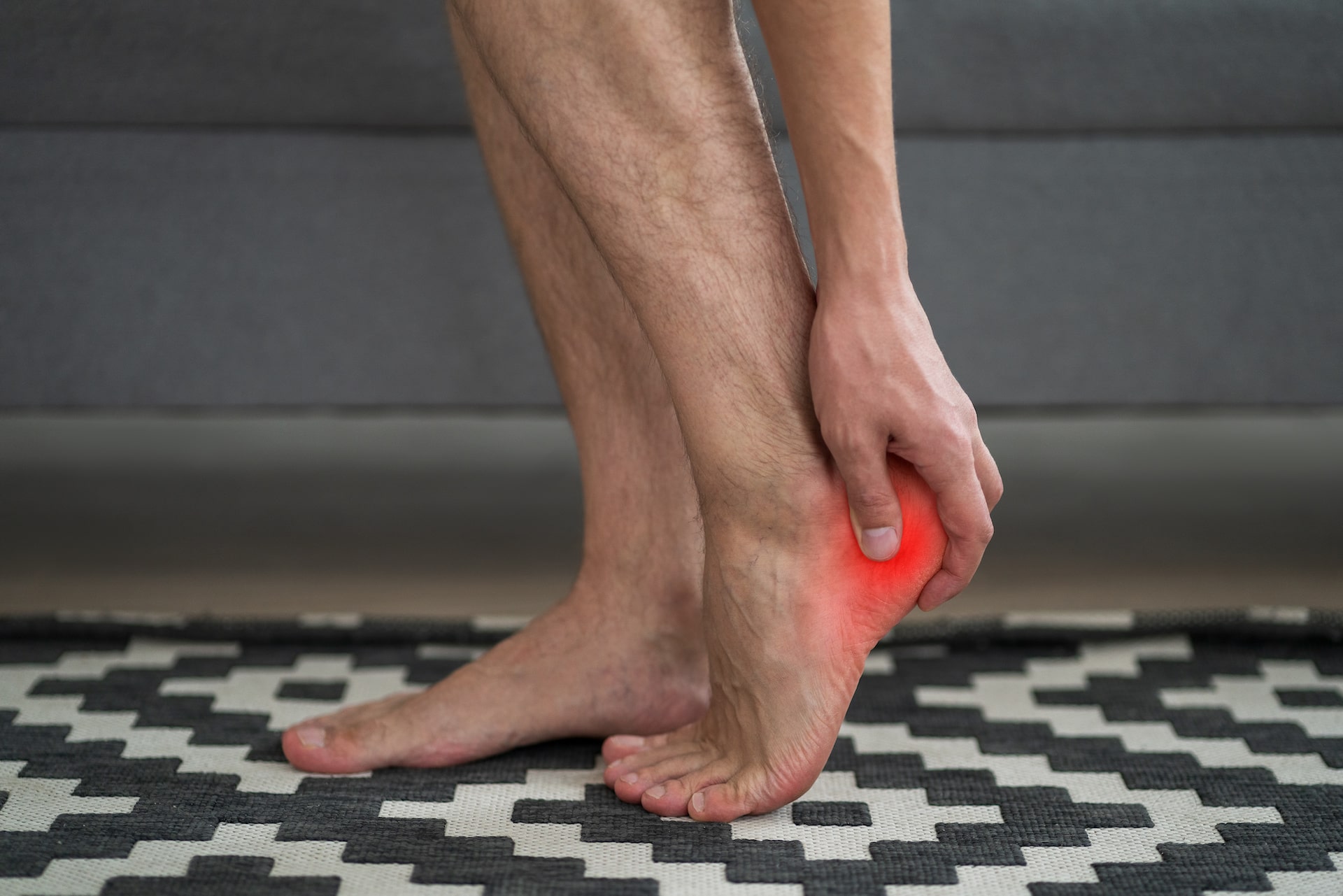The crucial aspect of managing a puncture wound is proper and swift treatment. The first response should be to check the wound to see if the object causing the injury that is embedded in or beneath the skin. If it is small and at the surface, such as a wooden splinter, you may be able to remove it easily yourself. Larger pieces, pieces that have broken off under the skin, or multiple pieces embedded in the skin may require the assistance of your podiatrist to remove them. If the wound is bleeding in a controlled, slow manner, gentle pressure with a gauze pad or clean cloth may be applied to stop the bleeding. However, if the bleeding is uncontrolled, gushing or spurting, or seems to be excessive, seek medical help right away.
If your puncture wound is minor and you are able to stop the bleeding yourself, carefully clean the wound with plain soap and water. It may be tempting to apply hydrogen peroxide, iodine, betadine, or other topical treatments; however, these should only be used with permission from your podiatrist. After cleaning the wound, inspect it again for any retained material from the puncturing object or for dirt or debris. If, after washing the wound, you still have material in the wound or under the skin, you may benefit from a visit to your podiatrist’s office. Most puncture wounds will heal easily on their own if they are kept clean and dry.
It is important to understand that there are some situations in which a patient should see their podiatrist for puncture wounds, even if they seem to be minor. If you have not had a tetanus vaccination or booster in the last few years, you need to have your wound evaluated by a professional and receive a tetanus shot. Patients with diabetes, peripheral neuropathy (regardless of the underlying cause), peripheral vascular disease, or any other conditions that affect the circulatory system or potentially-impairing sensations on the bottoms of the feet should always have puncture wounds evaluated and managed by a podiatrist, as these conditions may mask signs of infection or may make them difficult to feel or see. While most puncture wounds are mild, infections due to improper treatment or conditions related to other illnesses may result in serious complications.
To have a puncture wound or other injury of your feet, ankles, or lower legs evaluated, please call Kansas City Foot Specialists today at (913) 338-4440. Your health is our concern, and for many, a happy body starts with healthy feet.



